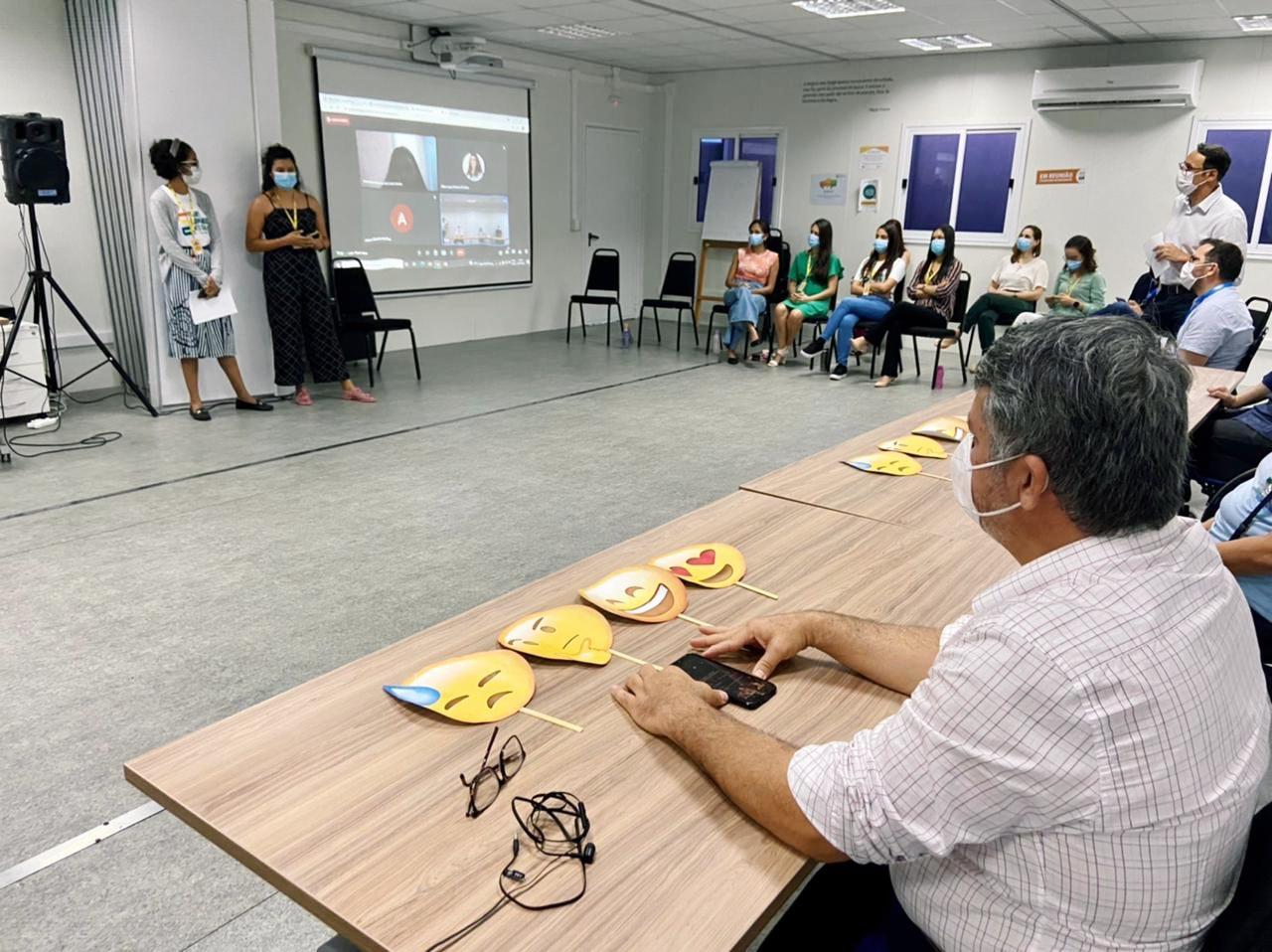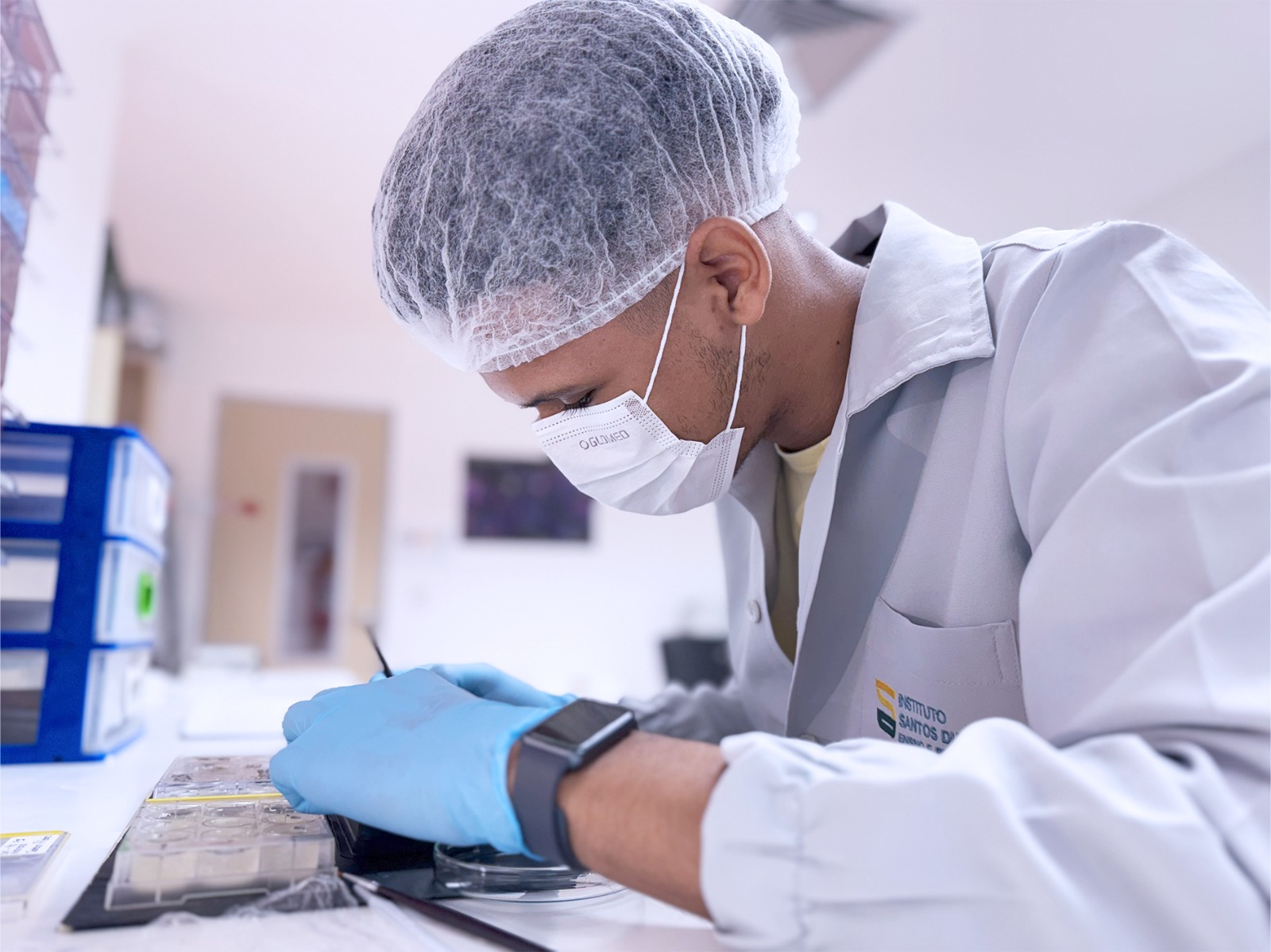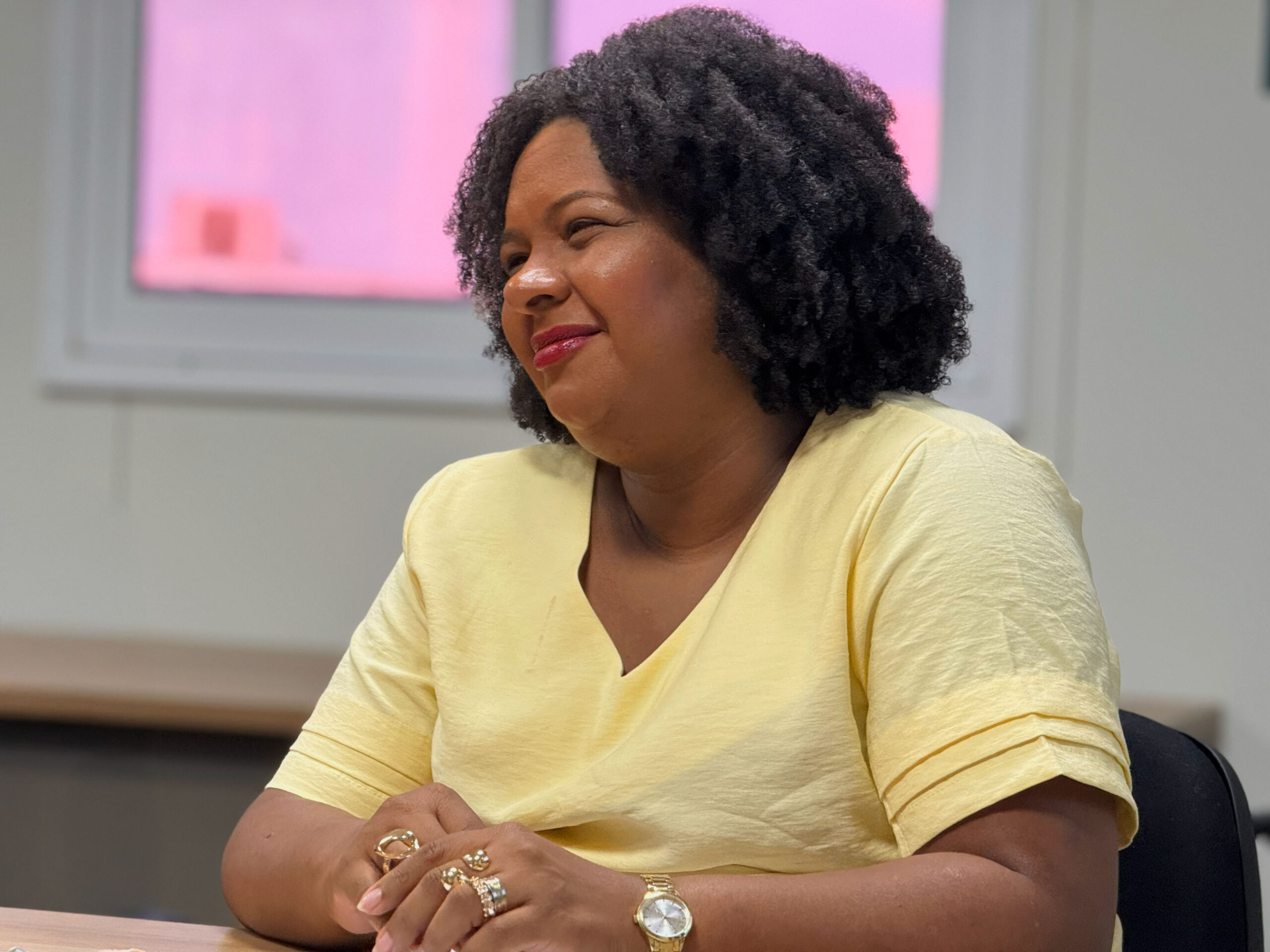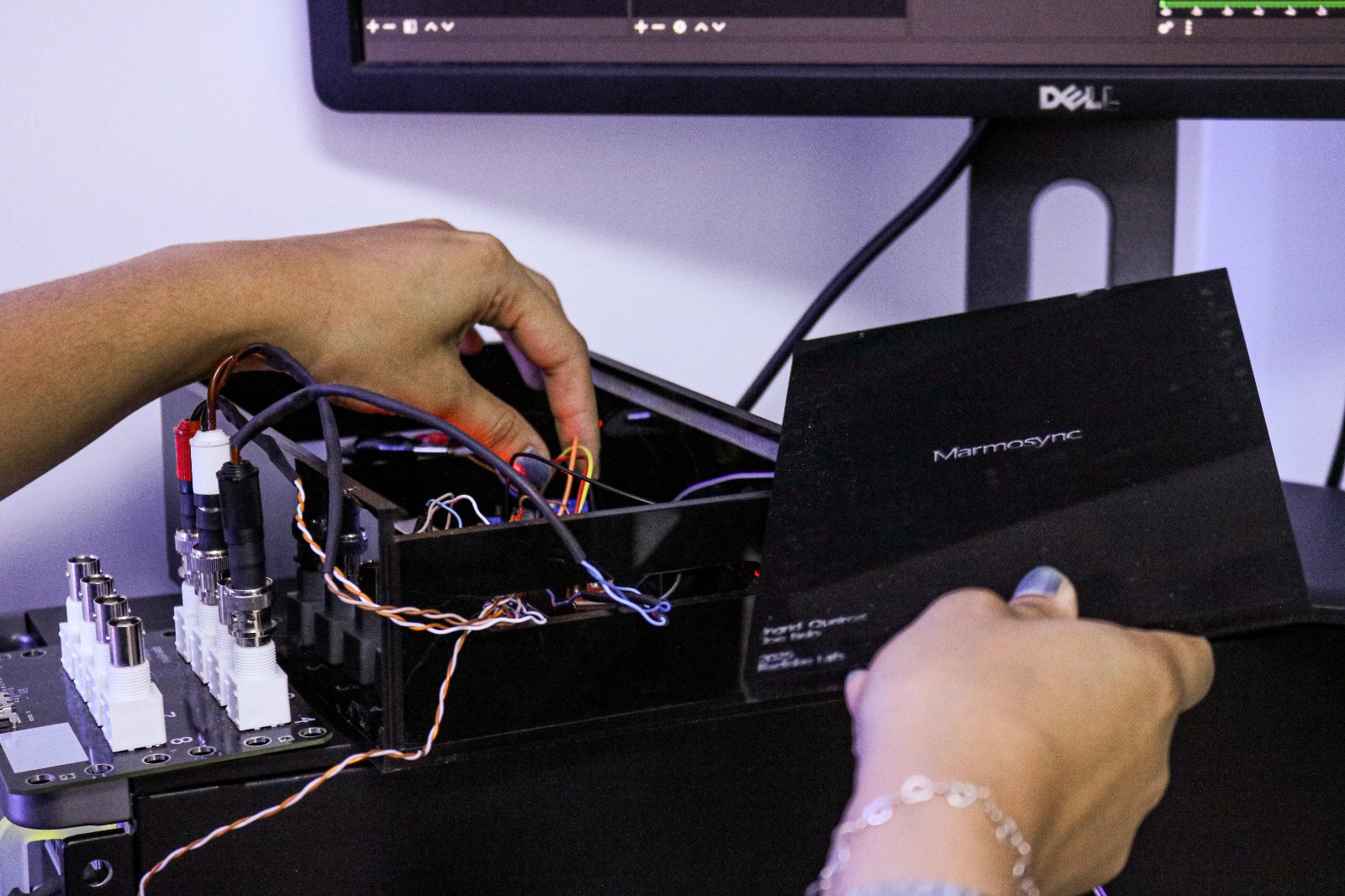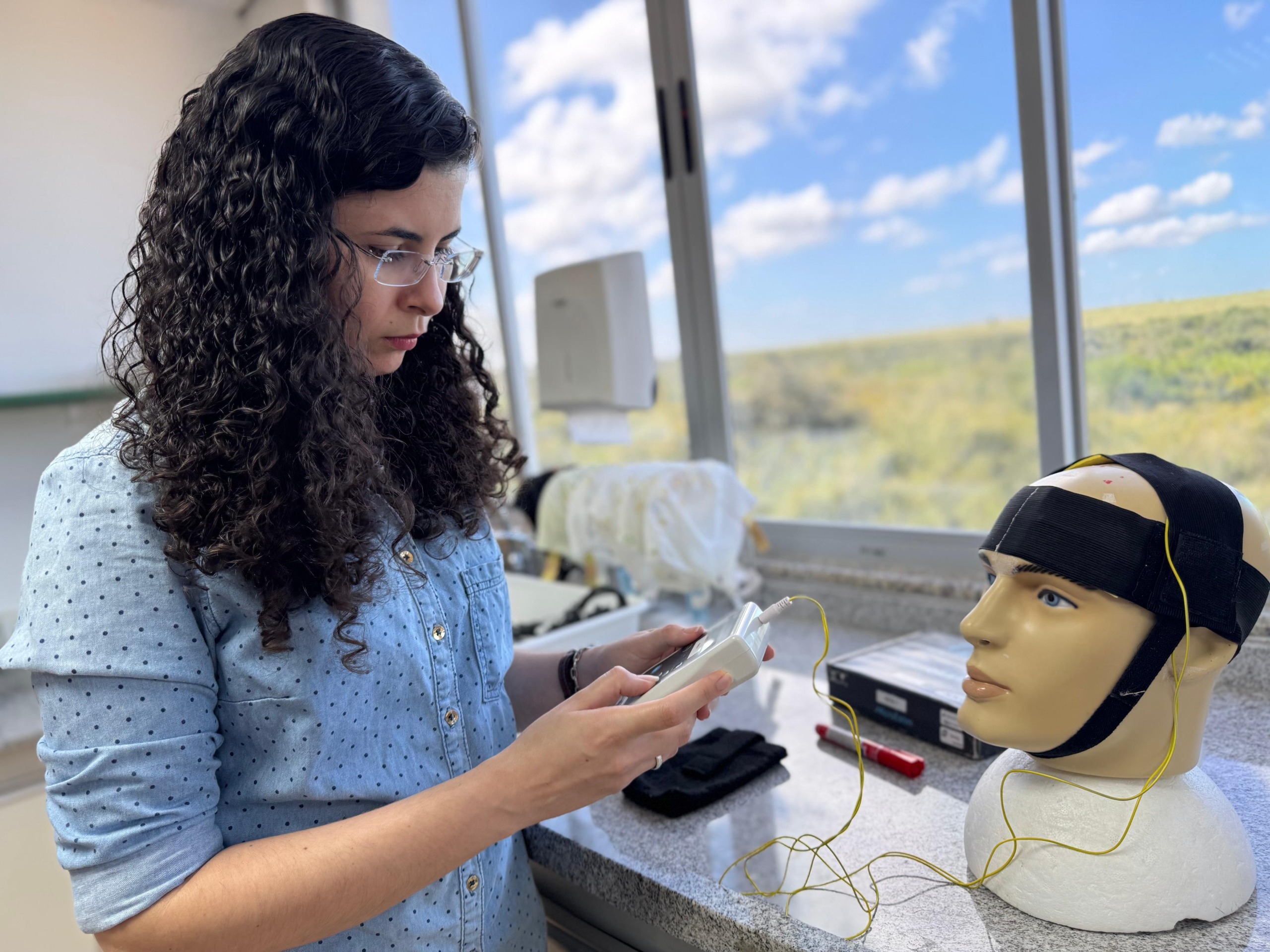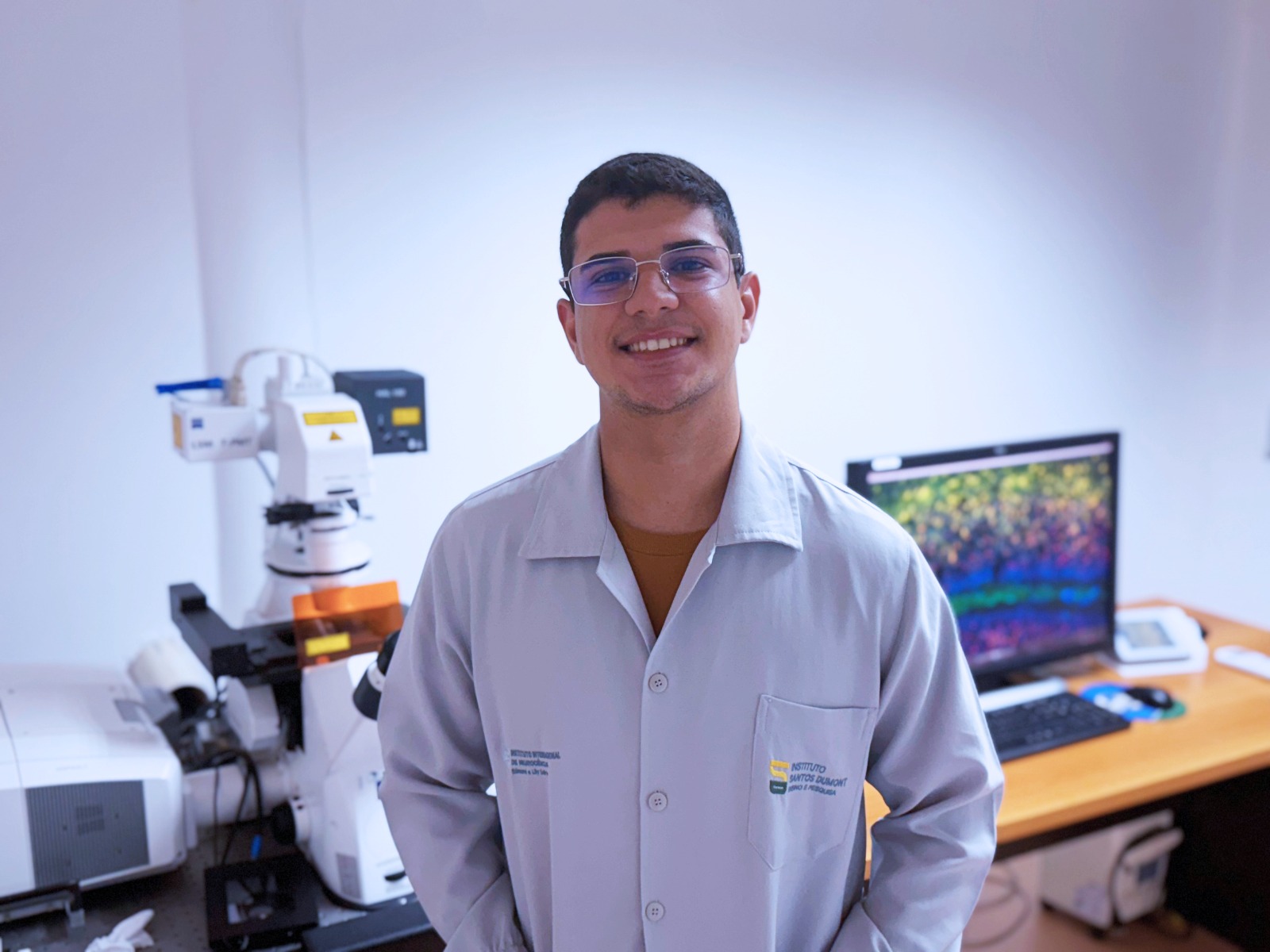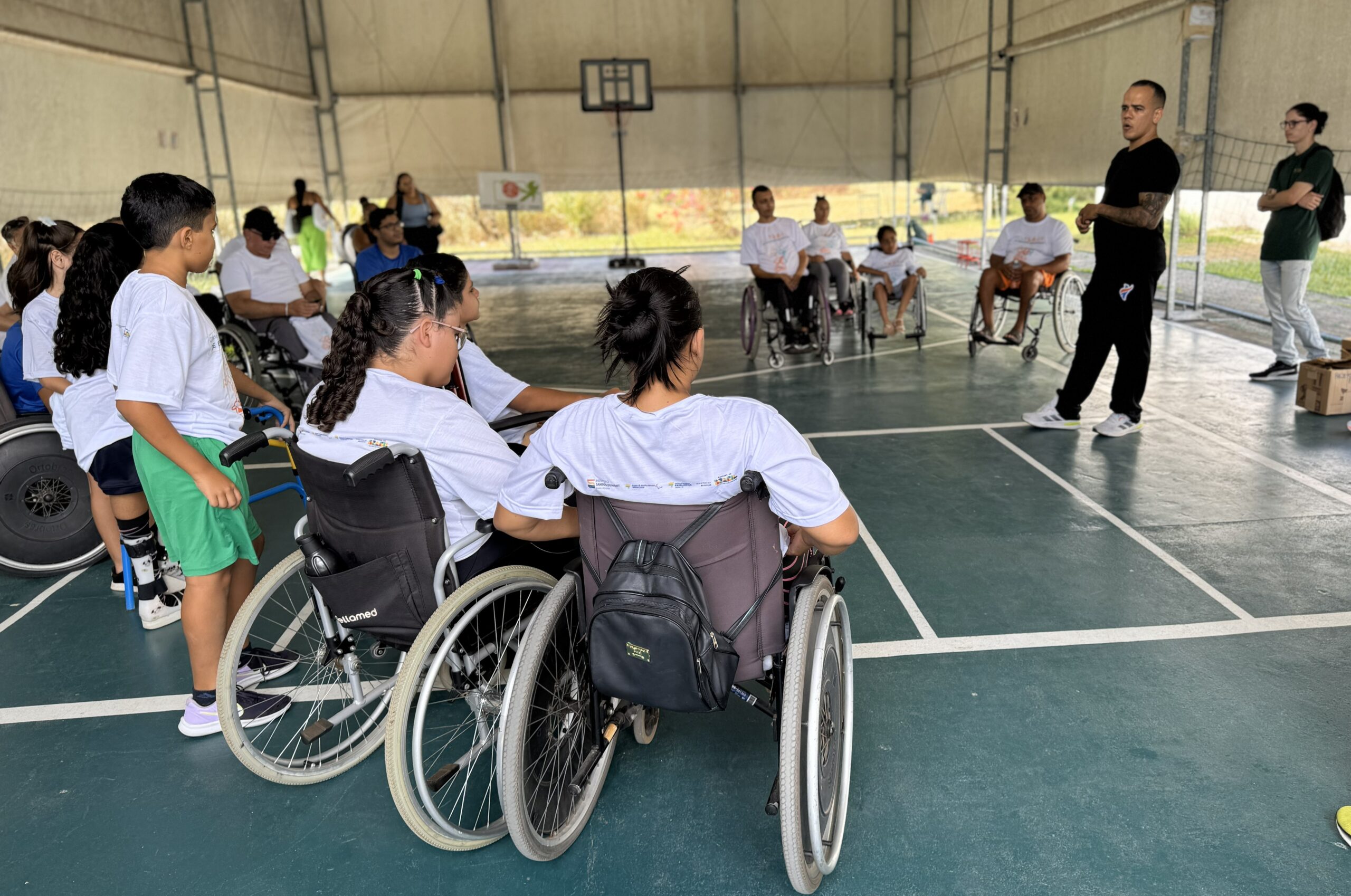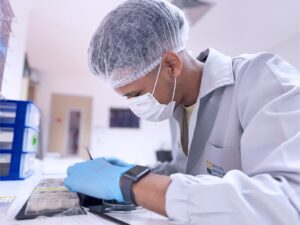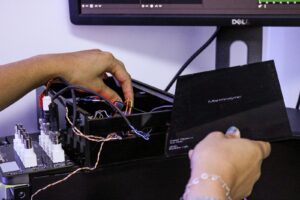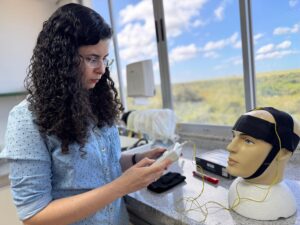Parasacral neuromodulation, meta-analysis, cortical plasticity, tDCS effect… All these terms are foreign to the majority of the Brazilian population. Making the understanding of scientific language accessible to the community in general is one of the tasks entitled “Alô Comunidade” developed by students of the Multidisciplinary Residency in Health Care for Persons with Disabilities and the Master's Degree in Neuroengineering at the Santos Dumont Institute (ISD) in the subject Education for Global Citizenship. This Wednesday (07/21), they presented works they used from Cordel to Instagram to demystify terms common to Science, but strange to the everyday life of ordinary citizens.
The discipline was idealized and is taught by Reginaldo Freitas Júnior, general director of ISD. “The mission is to translate a research project into the community and that can be broadcast in the media to make ordinary people, workers, the elderly, the patients treated at the Institute understand what is being developed at the Education and Research Center in Health Anita Garibaldi (Anita) and at the Edmond and Lily Safra International Institute of Neurosciences (IIN-ELS)”, he highlighted. In addition to making scientific language popular, students had to integrate the author of the research into the work from the discussion of points that could make the researched content better understood. “This is an exercise that can even contribute to the training of researchers”, emphasized Reginaldo Freitas Júnior.
From the use of emojis, common in the virtual language, they attributed reactional evaluations with pensive stickers, without understanding, satisfied and very satisfied. The guests were entirely free to point out needs for changes in the works presented. The necessary adjustments will be made by the students and the final content will be used on the Santos Dumont Institute's social networks (@isdnarede). One of the works analyzed transformed the research content under the title “Effect of tDCS on the motor symptoms of Parkinson's Disease: is the area important? A meta-analysis and meta-regression” on an Instagram post, for example. Another placed in Cordel the material of the study “Electrophysiological characterization of the auditory pathway of wister rats in a model of noise-induced hearing loss”.
Antônia Camilo, André Arruda and Tércio Tinoco congratulated the initiative and highlighted that the works could bring the ISD community even closer and transform Science into a driving force of social inclusion. “We are flooded with negative news. What is good needs to be disclosed and what you are doing is very positive and needs to win the world”, highlighted André Arruda.
For Antônia Camilo, the understanding of technical-scientific terms is extremely important for the work carried out by health agents. “We were able to better understand and explain better to patients, to the people we serve in the region”, she said to the students who presented their work.
ISD's pioneering spirit in treating people with disabilities and in the development of scientific research was praised by councilor Tércio Tinoco. “ISD is always ahead, always leaving a legacy for our State and even internationally. It is very rewarding to have excellent professionals. As a user, as a person with a disability, it is very gratifying to be here”, declared Tércio Tinoco.
Education for Global Citizenship is a strategy of the United Nations Educational, Scientific and Cultural Organization (Unesco) considered a priority for education in this century. The course addresses issues related to the Sustainable Development Goals of the United Nations (UN), feminicides, education for an anti-racist society, human rights, LGBTQIAP+ movement, capacitism, reduction of inequalities, empowerment of women and girls in science.
Text: Ricardo Araújo / Ascom – ISD
Photograph: Ricardo Araújo / Ascom – ISD
Communication Office
comunicacao@isd.org.br
(84) 99416-1880
Santos Dumont Institute (ISD)
It is a Social Organization linked to the Ministry of Education (MEC) and includes the Edmond and Lily Safra International Institute of Neurosciences and the Anita Garibaldi Health Education and Research Center, both in Macaíba. ISD's mission is to promote education for life, forming citizens through integrated teaching, research and extension actions, in addition to contributing to a fairer and more humane transformation of Brazilian social reality.



